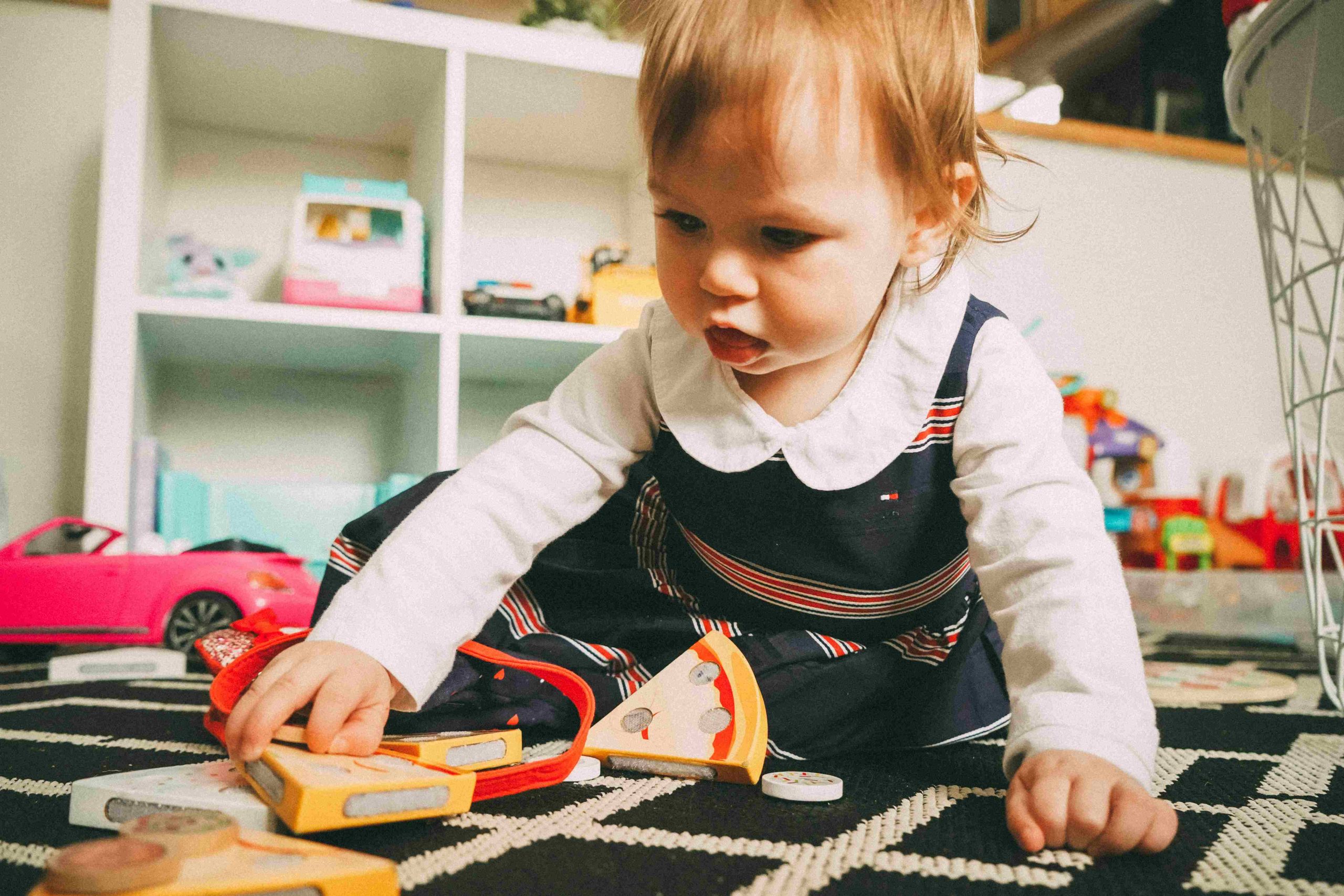
Understanding the Curiosity of Preschoolers
Preschoolers naturally grow increasingly inquisitive about the world around them as they mature. Their curiosity drives them to understand how things function, why events occur, and what triggers various actions. This innate curiosity is not merely a phase but a crucial component of their cognitive and social-emotional development. Nurturing this curiosity can lay the foundation for a lifelong love of learning and exploration.
The Importance of Exploring How the World Functions
Why is it important for preschoolers to learn about how the world functions? There are several reasons why such education is crucial for young children. Primarily, understanding the causes and effects of various phenomena helps preschoolers comprehend their environment and their role within it. It fosters a sense of connection and empowerment. Moreover, learning about the world enhances problem-solving skills. When children are intrigued by how things work, they are often motivated to experiment and find solutions independently, thus honing their critical thinking abilities. Finally, exploring the workings of the world cultivates a sense of wonder and curiosity that can inspire a lifelong passion for discovery and learning.
Methods of Preschoolers’ Learning
Preschoolers absorb knowledge about the world through various methods:
Exploration and Experimentation
Young preschoolers exhibit natural curiosity through experimentation. For instance, they may shake a toy to explore the sound it produces or attempt to fit shapes into corresponding holes. These hands-on experiences are invaluable for their understanding of cause and effect.
Observation
Another significant way preschoolers learn is by observing their surroundings. Watching everyday activities like cooking or observing animals can provide valuable insights into how the world functions.
Asking Questions
As children become more curious, they start asking questions about the world. Encouraging this curiosity and providing answers or guiding them to discover answers themselves can further their understanding.
Reading and Media
Books, videos, and other media are rich resources for preschoolers to learn about the world. Educational content tailored to their age can introduce them to scientific concepts, nature, and technology in engaging ways.
Formal Education
As preschoolers progress, formal education supplements their learning. Classes in science, social studies, and other subjects deepen their understanding of the world’s complexities.
Tips for Supporting Preschoolers’ Learning
Here are some strategies for parents and caregivers to support preschoolers’ understanding of how the world functions:
Encourage Exploration and Experimentation
Provide opportunities for hands-on exploration and experimentation with various materials and environments. Allow children to ask questions and discover answers through their own investigations.
Foster Curiosity
Encourage children to ask questions and provide them with resources to find answers. Cultivate a sense of wonder and curiosity about the world around them.
Use Everyday Experiences as Learning Opportunities
Capitalize on everyday activities to teach children about the world. Whether cooking, doing chores, or going for a walk, involve them in discussions about how things work and why.
Provide Diverse Learning Resources
Offer a variety of books, videos, and other educational materials to cater to children’s interests and learning styles. Expose them to different topics and perspectives.
Support Formal Education
Stay involved in children’s formal education, offering assistance when needed and supplementing learning with additional resources at home.
Model a Love of Learning
Demonstrate a genuine enthusiasm for learning and exploration yourself. Engage in activities that showcase your own curiosity and share your excitement with your child.
Deepening Understanding as Preschoolers Grow
As preschoolers age, their understanding of the world becomes more sophisticated:
Initially, they grasp simple cause-and-effect relationships, such as objects falling when dropped or plants growing with water.
As they mature, they delve into more complex concepts, such as photosynthesis, chemical reactions, or mechanical processes.
Parents and caregivers can continue supporting this journey by:
Encouraging Scientific Inquiry
Prompt children to ask questions, make predictions, and test hypotheses through experiments and observations.
Utilizing Real-World Examples
Point out how things work in the environment around them, using everyday situations as teaching opportunities.
Providing Hands-On Learning
Offer tangible experiences that allow children to manipulate materials and engage directly with the world.
Making Learning Fun
Incorporate learning into enjoyable activities, turning mundane tasks into opportunities for discovery and exploration.
Reading and Watching Science Content
Introduce age-appropriate books and videos that explain scientific concepts in engaging ways.
Taking Field Trips
Visit museums, nature centers, or science exhibits that provide interactive experiences for deeper learning.
Encouraging Outdoor Play
Allow children to explore the natural world, fostering curiosity and understanding through firsthand experiences.
Conclusion
Fostering preschoolers’ understanding of how the world functions is essential for their development. By nurturing their innate curiosity through exploration, inquiry, and hands-on learning, parents and caregivers can lay the groundwork for a lifelong love of discovery and learning. As children grow, deepening their understanding of scientific concepts and phenomena, continued support and engagement from adults are crucial. Together, we can inspire the next generation of curious minds to explore, question, and understand the intricacies of the world around them.


